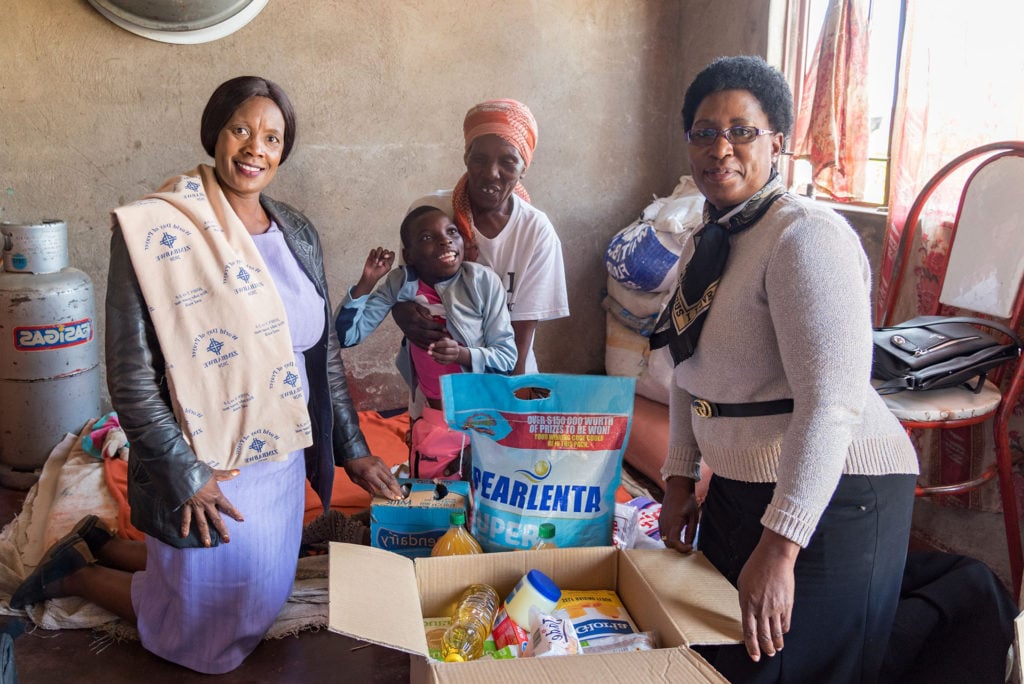It seems like a simple question to answer: do you want your entire legal career tied to a name that brings up the words “not-qualified” when someone Googles it?
Astoundingly, there are people out there acting like law students should be thrilled at hanging that kind of career albatross around their necks. Go ahead and trust your instincts, folks — this is a bad deal.
A federal clerkship used to be a blanket golden ticket attorneys could ride through retirement. Well, firms are about to get a lot more critical of where folks earned that career chit.
For decades, the federal clerkship has been the most coveted career accolade a young practitioner could secure. The opportunity to step outside the academy and learn the contours of the law at the knee of an accomplished lawyer at the height of his or her profession — a federal judge — offered the height of practical education. Beyond the education, clerks created lifelong bonds with judges and co-clerks that translated into a powerful professional network.
But what if those wizened federal judges were replaced with hack apparatchiks and attorneys barely removed from law school themselves? Stuffed robe ideologues who can’t even clear the minimal bar of a qualified rating from the ABA? Anti-gay bloggers! People who won’t even commit to saying segregation is illegal! The dulling of the college of America’s sharpest legal minds is a slow-motion tragedy.
It’s also a mess poised to spill over to the job market. It’s certainly not a critical mass yet, but attorneys I’ve talked to recently are already saying they take more time these days to peel back the onion to make sure that Middle District of Bumbletown clerkship was with the venerable former law school dean and not some 28-year-old Daily Caller contributor Leonard Leo pulled out of his rolodex. Firm-wide recruiting edicts about the value of clerkships will, for the time being, still be enough to get the latter past a non-attorney staff member, but once lawyers get involved in the process the scrutiny is going to go up and candidates are going to have to justify what they’ve actually learned on these apprenticeships.
As it turns out, we’re already seeing students “vote with their feet.” Harvard is begging students to apply for clerkships with Trump’s dregs because no one seems to want to apply. This pressure is understandable from the perspective of the school. After all, ranking systems — like the Above the Law rankings, in fairness — value clerkships blindly and the school gets to celebrate “X percentage of our students received federal clerkships!” on promotional materials. But it’s the curse of the ivory tower — if the folks pushing these students into shaky clerkships with non-qualified judges took some more time interacting with the profession, they’d hear these rumblings about tightening up on the value of clerkships.
But law students are already far savvier than those pushing them into clerkships willy-nilly. They’ve seen the writing on the wall and don’t see the value in sacrificing a year’s earnings in Biglaw to get a clerkship that lawyers are going to look at side-eyed in the years to come. The students are making a rational choice by being picky with the names they want to tie to their careers.
When the top students take themselves out of the running, it only exacerbates the scrutiny that will be leveled on these clerkships because the judges are still going to fill those slots somehow. If they drop down to lower-tier programs and we start seeing “Arizona Summit” and “federal clerkship” in the same résumé, there’s going to be some serious reevaluation of that clerkship. However the more likely outcome will be subpar students from elite schools will try to slide into those clerkships to bolster middling résumés with the magic c-word. It’s a tempting hack, but one that could easily backfire. When the hiring powers-that-be start to scrutinize these judges, they’re not only going to discount that experience, they may look askance at the whole resume, wondering why they want to work with someone trying to game the system.
And whatever happens to fill those slots, it’s just going to further devalue the profession’s estimation of that position when experiences mount of subpar attorneys coming out of these specific positions.
The moral of the story is that clerkships are a career move and students need to approach these opportunities like they would any other career opening. Just as a student considers every job with an eye toward how it would look when applying for the next job, it’s worth taking the time to consider “what am I getting out of this clerkship and how will it look on my résumé the next time I’m on the market?”
The bright side of all of this, for the most lucky students out there, is that high-quality clerkships are going to be even more valuable as they become rarer and rarer.
Earlier: Harvard Law School Students Are Uninterested In Clerking For Trump Appointed Judges
 Joe Patrice is a senior editor at Above the Law and co-host of Thinking Like A Lawyer. Feel free to email any tips, questions, or comments. Follow him on Twitter if you’re interested in law, politics, and a healthy dose of college sports news. Joe also serves as a Managing Director at RPN Executive Search.
Joe Patrice is a senior editor at Above the Law and co-host of Thinking Like A Lawyer. Feel free to email any tips, questions, or comments. Follow him on Twitter if you’re interested in law, politics, and a healthy dose of college sports news. Joe also serves as a Managing Director at RPN Executive Search.




















